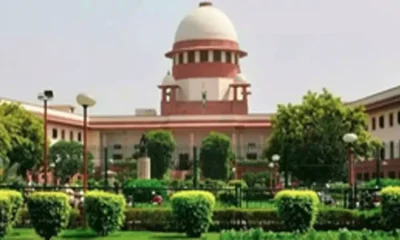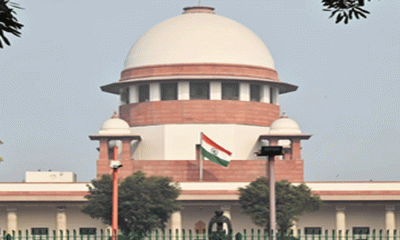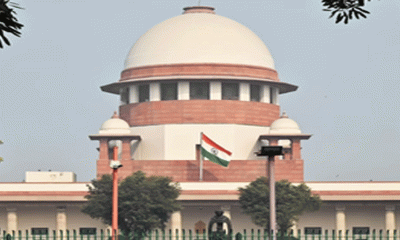National News
‘Politically motivated’, Bilkis Bano case convict to SC on plea challenging release of accused

A convict in the Bilkis Bano case has told the Supreme Court that the petition challenging Gujarat government’s remission order is “speculative and politically motivated”.
The plea filed by Radheysham Bhagwandas Shah said: “This court not only on the ground of locus and maintainability, but also on the ground of such speculative and politically motivated petition, should dismiss the said plea with heavy hand and impose an exemplary cost so that such politically motivated petition by strangers are not encouraged in the future.”
The plea cited a number of the top court judgments, including Janata Dal vs H.S. Chowdhary (1992), Simranjit Singh Mann vs UOI (1992) and Subramanian Swamy vs Raju (2013), in which it was consistently held in clear terms that a third party who is a total stranger to the prosecution has no ‘locus standi’ in criminal matters.
The convict also referred to the apex court judgment dated May 13, 2022 on the merits of the case, which after hearing all the parties came out with a categorical judgment that only the Gujarat government’s policy of premature release would be applicable, which prevailed at the time of conviction and not a subsequent policy at the time of consideration of remission.
Shah was challenging the plea filed by former CPI-M MP Subhasini Ali, journalist Revati Laul and professor Roop Rekha Verma against the release of 11 men convicted for the gang-rape of Bilkis Bano and multiple murders during the 2002 Gujarat riots.
A similar plea was also filed by Trinamool Congress MP Mahua Moitra.
On September 9, the apex court had directed the Gujarat government to file all records, which formed the basis for granting remission to all the accused in the case. It directed the state government to file its response within two weeks and also asked advocate Rishi Malhotra, representing some of the accused, to file a response.
Shah’s plea contended that if such type of third-party petitions are entertained by the apex court, it would not only unsettle the settled position of law, but would also be an open invitation to any member of the public to jump in any criminal matter before a court of law.
Shah argued that the plea is nothing but a gross abuse of Article 32, as on one hand, the petitioners plead that they do not have the copy of the remission order and yet without ascertaining the reasons for grant of remission, the petitioners have sought quashing of the remission order.
It further argued that the apex court had categorically held that a total stranger in a criminal case cannot be permitted to question the correctness of a decision, and if that was to be permitted, any and every person could challenge a criminal prosecution/proceeding recorded day in and day out by courts even if the person convicted do not desire to do so and are inclined to acquiesce in the decision.
“Interestingly enough, neither the state nor the victim nor even the complainant has approached this court, and thus it is respectfully submitted that if such cases are sought to be entertained by this court, a settled position of law would certainly become an unsettled position of law,” Shah’s plea added.
National News
Maharashtra Govt Asks Ladki Bahin Beneficiaries To Complete E-KYC By November 18
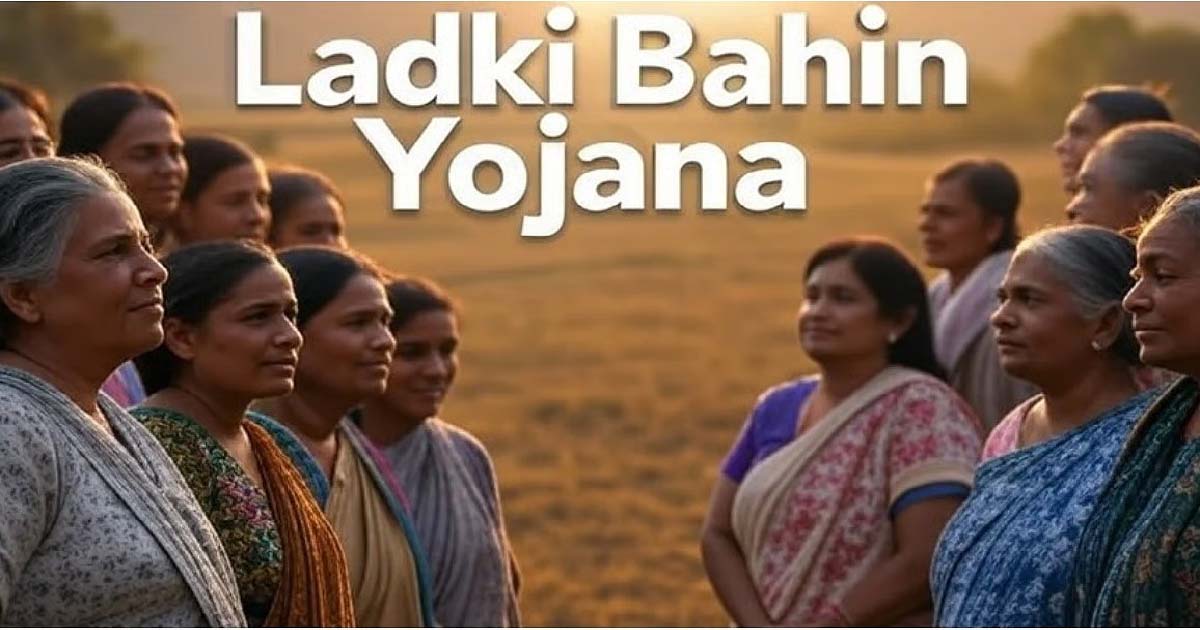
Mumbai: The Maharashtra government has asked beneficiaries of the ‘Mukhyamantri Majhi Ladki Bahin’ scheme to complete the mandatory e-KYC by November 18.
State Women and Child Development Minister Aditi Tatkare said that the honorarium for October will be disbursed from Wednesday, and the amount will be credited directly into the Aadhaar-linked bank accounts of all eligible women beneficiaries.
The state government’s flagship scheme, launched in July last year, provides monthly assistance of Rs 1,500 to women in the 21-65 age group, whose annual family income is less than Rs 2.5 lakh.
The government made e-KYC mandatory for the scheme in September, giving beneficiaries two months to complete the process and issued a government resolution regarding this.
Tatkare, in a post on X, said that the scheme, launched as a social and economic empowerment initiative for women across Maharashtra, continues to gain widespread support and trust from women in the state.
She said that to ensure smooth continuation of the scheme, an e-KYC facility was available on the official portal, ladakibahin.maharashtra.gov.in, since last month, and all beneficiaries have been asked to complete the e-KYC process by November 18.
Talking to PTI, the minister said, “The government has stopped monthly disbursal of Rs 1,500 to 12,000 bank accounts held by men, while the amount disbursed to ineligible women beneficiaries, who were government employees and those covered by other government schemes, over the last year has been recovered.” At present, more than 2.3 crore beneficiaries are registered under the scheme, and the monthly instalment for October will be disbursed from Wednesday, she said.
Crime
Punjab bypoll: Drugs, liquor, freebies valued at Rs 57.47 crore seized

Chandigarh, Nov 4: After the enforcement of the Model Code of Conduct for the by-election to the Tarn Taran Assembly constituency, Punjab Police, following the directions of the Election Commission, has made seizures of drugs, liquor, cash and freebies valued at over Rs 57.47 crore.
According to details, from October 7, the day the Model Code of Conduct came into effect, till November 3, the police in the Tarn Taran constituency seized 51,429.50 litres of liquor valued at Rs 32,89,160, narcotic substances of Rs 56,67,10,500 (21,811.10 grams), cash amounting to Rs 9,73,480, and other items valued at Rs 37,85,700.
Chief Electoral Officer Sibin C said the police have been directed to maintain round-the-clock surveillance through CCTV cameras at all checkpoints in the constituency to curb illegal smuggling activities.
He added that strict action is being ensured against those attempting to influence voters by distributing cash or any other kind of freebies during the elections.
The Chief Electoral Officer said there are a total of 192,838 voters in the constituency, which includes 100,933 men, 91,897 women and eight third-gender voters. There are 1,357 service voters, 1,657 voters aged above 85 years, 306 NRI voters, and 1,488 voters with disabilities. The number of young voters aged between 18 and 19 years stands at 3,333.
He said there are 222 polling stations set up at 114 polling station locations, of which 60 are urban and 162 are rural.
The Tarn Taran bypoll on November 11 was necessitated by the death of AAP MLA Kashmir Singh Sohal, who had won the seat with 52,935 votes, defeating Shiromani Akali Dal’s Harmeet Singh Sandhu.
Fifteen candidates are in the fray. They include Sukhwinder Kaur of the Shiromani Akali Dal, Harjit Singh Sandhu of the BJP, Harmeet Singh Sandhu of the Aam Aadmi Party, and Karanbir Singh of the Congress.
National News
Mumbai Police Rescue 60-Year-Old Man Attempting Suicide From 22nd Floor In Malad
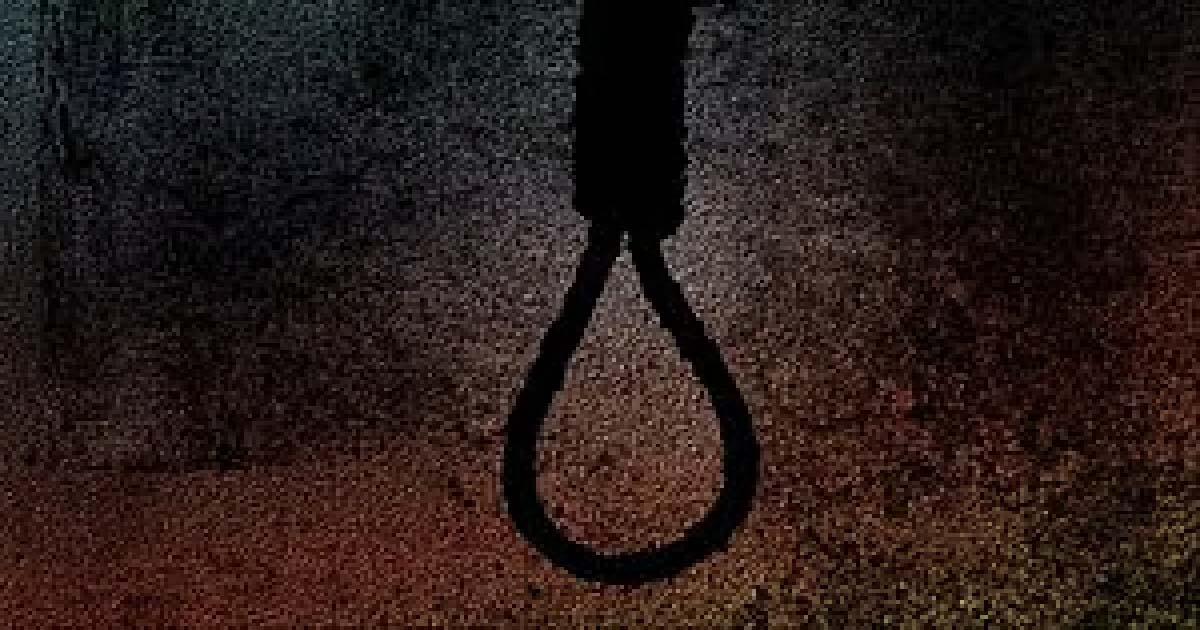
Mumbai, November 4: In a timely and coordinated operation, the Kurar Police in Mumbai prevented a major tragedy by rescuing a 60-year-old man who was attempting to jump from the 22nd floor of a residential building.
The quick-thinking officers acted immediately upon receiving information about the distress call, showcasing the Mumbai Police’s commitment to protecting lives beyond law enforcement duties.
As per a post shared by Mumbai Police on their official handle on X, officials from the Kurar Police Station rushed to the scene soon after receiving the alert.
Recognising the urgency, the police sought assistance from the Fire Brigade, who quickly arrived with rescue equipment. Together, they managed to reach the man and safely bring him down before any harm could occur.
After being rescued, the 60-year-old man was taken to the Kurar Police Station, where he was provided immediate counselling and emotional support. Authorities ensured he was safe and received the necessary care following the traumatic incident.
The Mumbai Police continue to emphasise the importance of mental health awareness and urge citizens to seek help during emotional distress, reminding everyone that timely intervention can save lives.
-

 Crime3 years ago
Crime3 years agoClass 10 student jumps to death in Jaipur
-

 Maharashtra1 year ago
Maharashtra1 year agoMumbai Local Train Update: Central Railway’s New Timetable Comes Into Effect; Check Full List Of Revised Timings & Stations
-

 Maharashtra1 year ago
Maharashtra1 year agoMumbai To Go Toll-Free Tonight! Maharashtra Govt Announces Complete Toll Waiver For Light Motor Vehicles At All 5 Entry Points Of City
-

 Maharashtra1 year ago
Maharashtra1 year agoFalse photo of Imtiaz Jaleel’s rally, exposing the fooling conspiracy
-

 National News1 year ago
National News1 year agoMinistry of Railways rolls out Special Drive 4.0 with focus on digitisation, cleanliness, inclusiveness and grievance redressal
-

 Maharashtra12 months ago
Maharashtra12 months agoMaharashtra Elections 2024: Mumbai Metro & BEST Services Extended Till Midnight On Voting Day
-

 National News1 year ago
National News1 year agoJ&K: 4 Jawans Killed, 28 Injured After Bus Carrying BSF Personnel For Poll Duty Falls Into Gorge In Budgam; Terrifying Visuals Surface
-

 Crime1 year ago
Crime1 year agoBaba Siddique Murder: Mumbai Police Unable To Get Lawrence Bishnoi Custody Due To Home Ministry Order, Says Report



